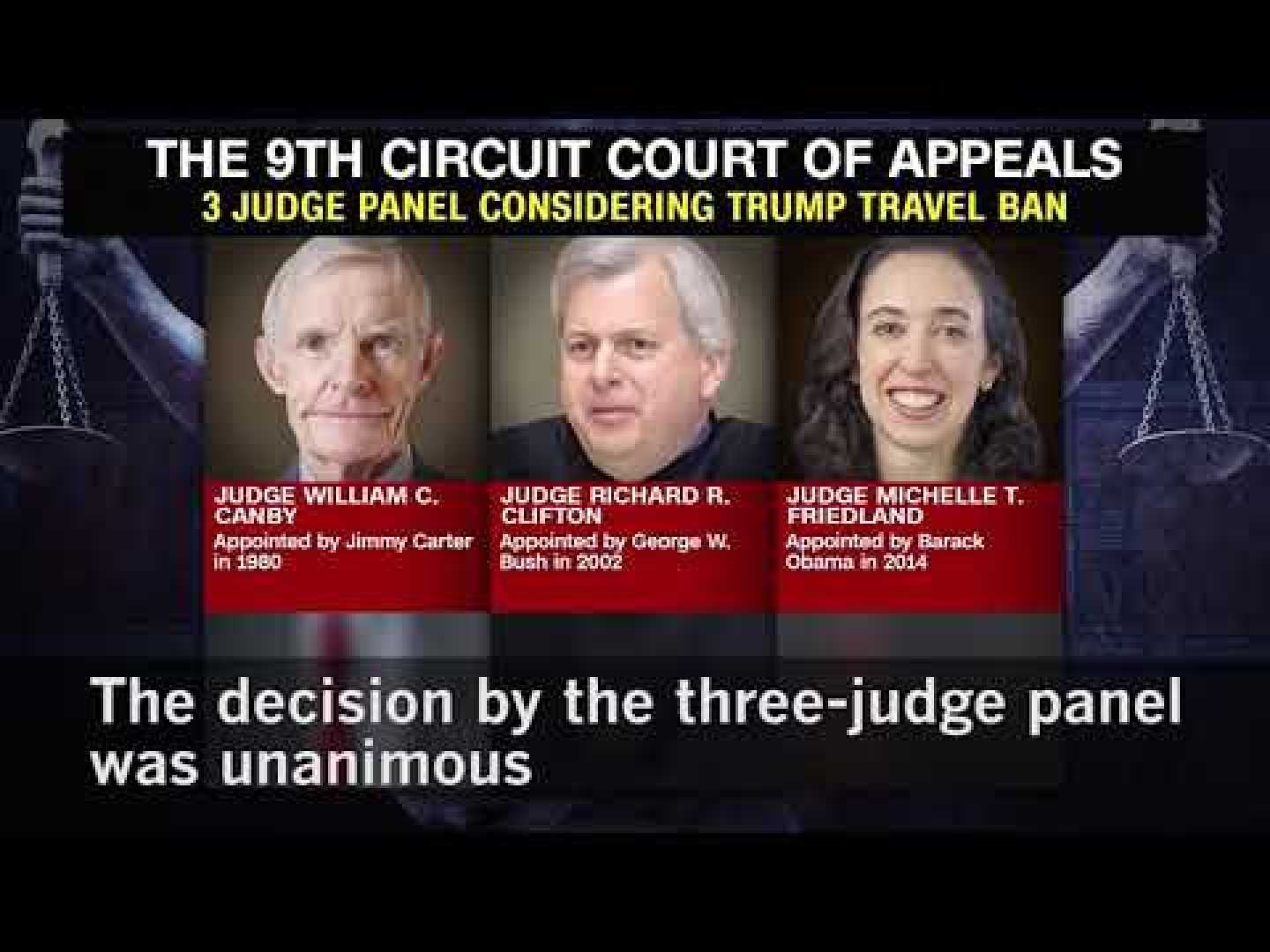Politics
Appeals Court Blocks Trump Order on Immigrant Children’s Citizenship

WASHINGTON, D.C. — The 9th U.S. Circuit Court of Appeals ruled Wednesday against the Trump administration’s efforts to terminate birthright citizenship for certain children of immigrants, a decision that may escalate the matter to the Supreme Court.
The panel denied an emergency request from the Justice Department to lift a hold imposed by a Seattle judge, who ruled that President Trump’s executive order contravened constitutional provisions. The Justice Department had argued that the order is critical for reforming the U.S. immigration system amid issues at the southern border.
Citing a historical precedent set by the 14th Amendment, the ruling maintains that anyone born on U.S. soil is entitled to citizenship, irrespective of their parents’ immigration status. President Trump aims to alter this long-standing principle for children whose parents are undocumented or in the U.S. on temporary visas.
The case was initiated by a lawsuit from the Democratic attorneys general of Washington and three other states. They contended that the assertion of presidential powers related to immigration does not extend to citizenship rights protected by the Constitution.
“This is not a case about ‘immigration,’” the attorneys general stated in their filings. “It is about citizenship rights that the Fourteenth Amendment and federal statute intentionally and explicitly place beyond the President’s authority to condition or deny.”
The 9th Circuit’s majority opinion indicated that the Trump administration failed to demonstrate a significant likelihood of success on the merits during the emergency phase of the case.
Judge Danielle Forrest, a Trump appointee, expressed her concurrence while clarifying that her decision was not a commentary on the legal arguments presented. “Deciding important substantive issues on one week’s notice turns our usual decision-making process on its head,” she stated. “We should not undertake this task unless the circumstances dictate that we must. They do not here.”
Oral arguments in the case are anticipated to occur in June, suggesting further legal battles ahead over the contentious issue of citizenship rights.












